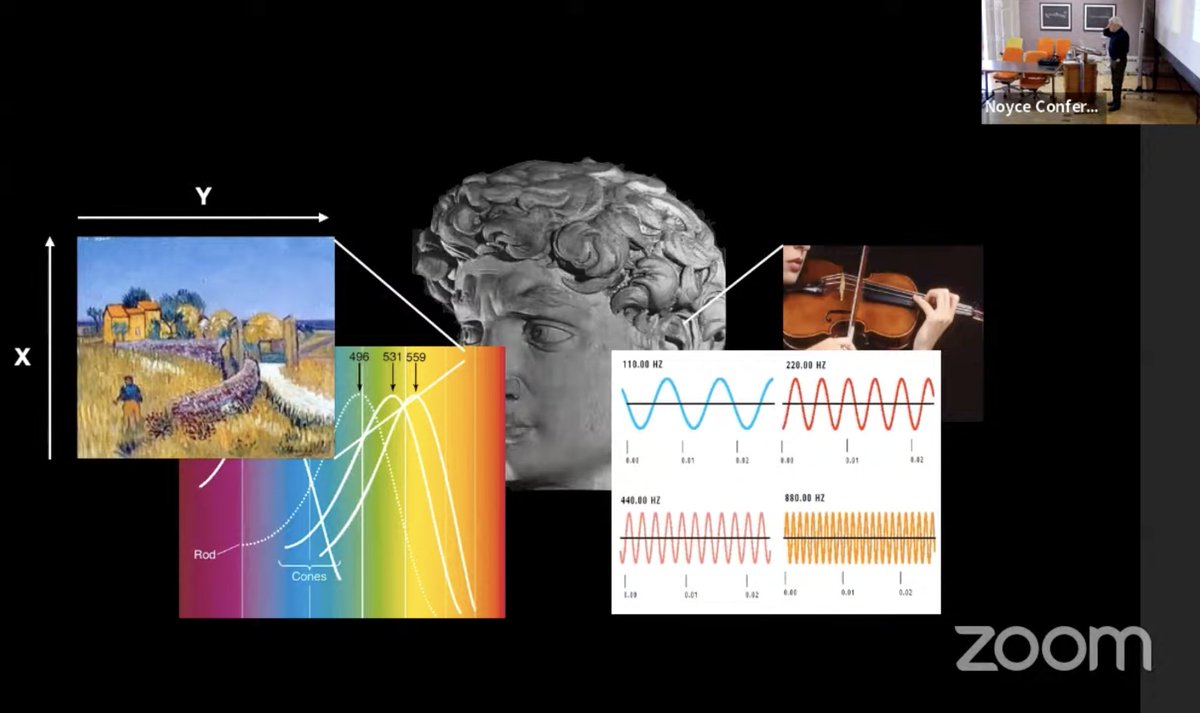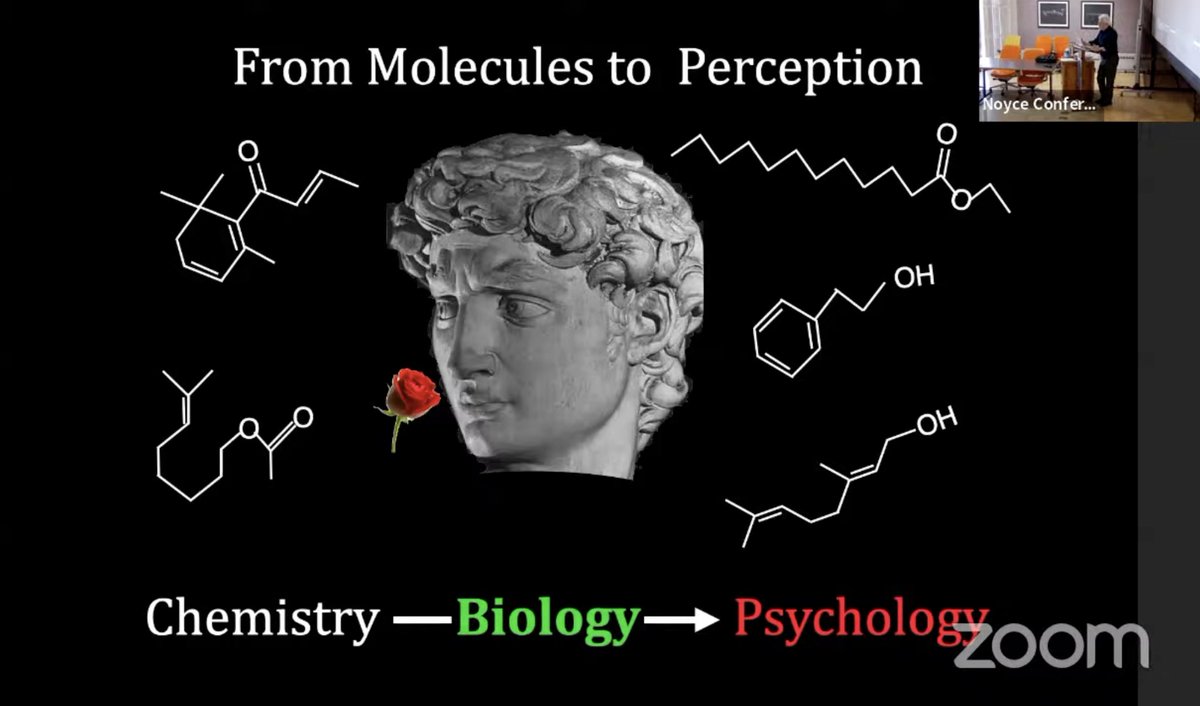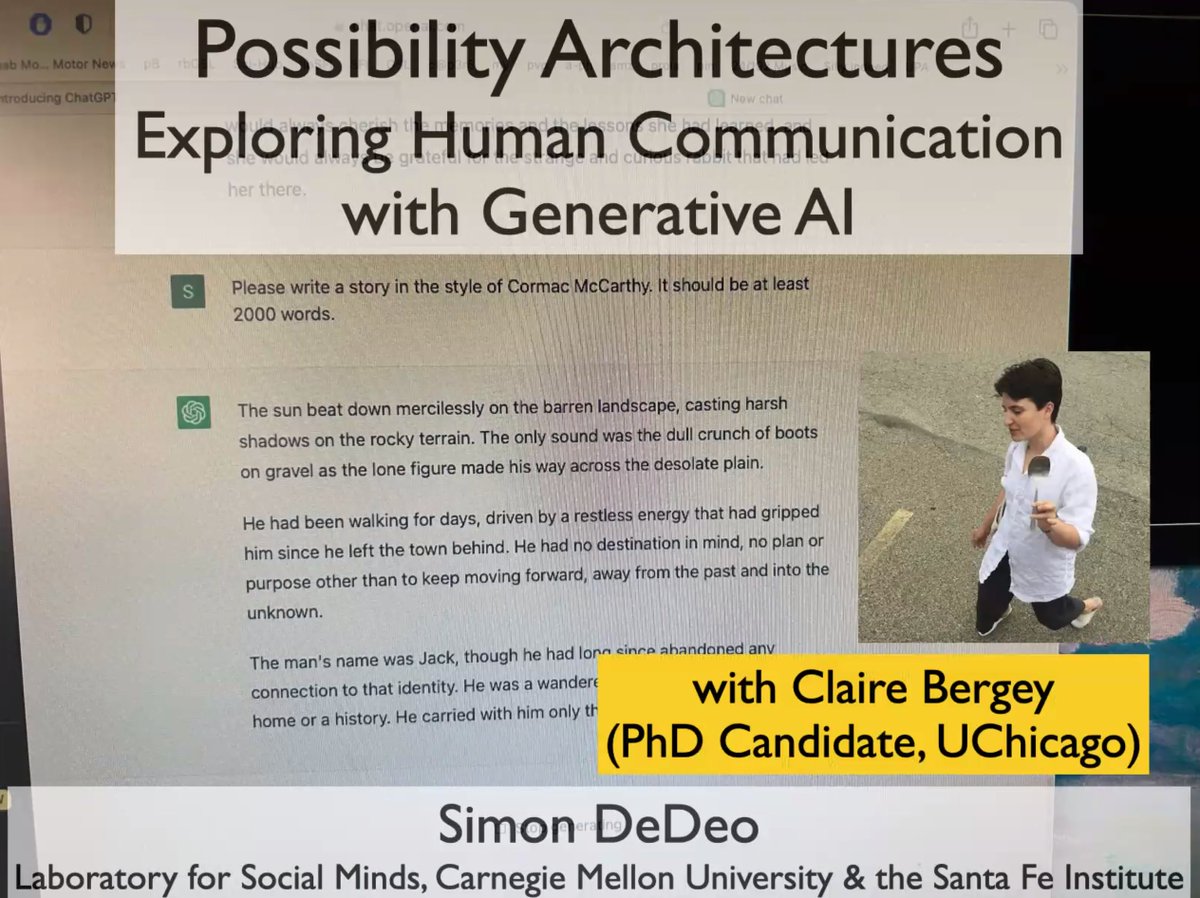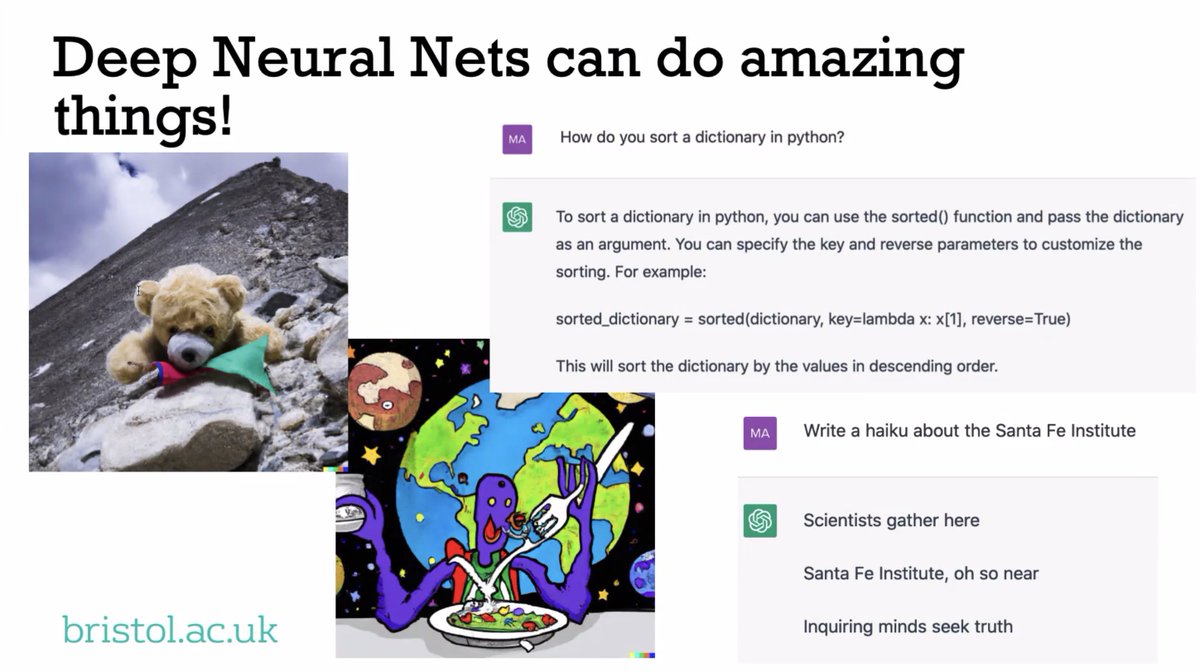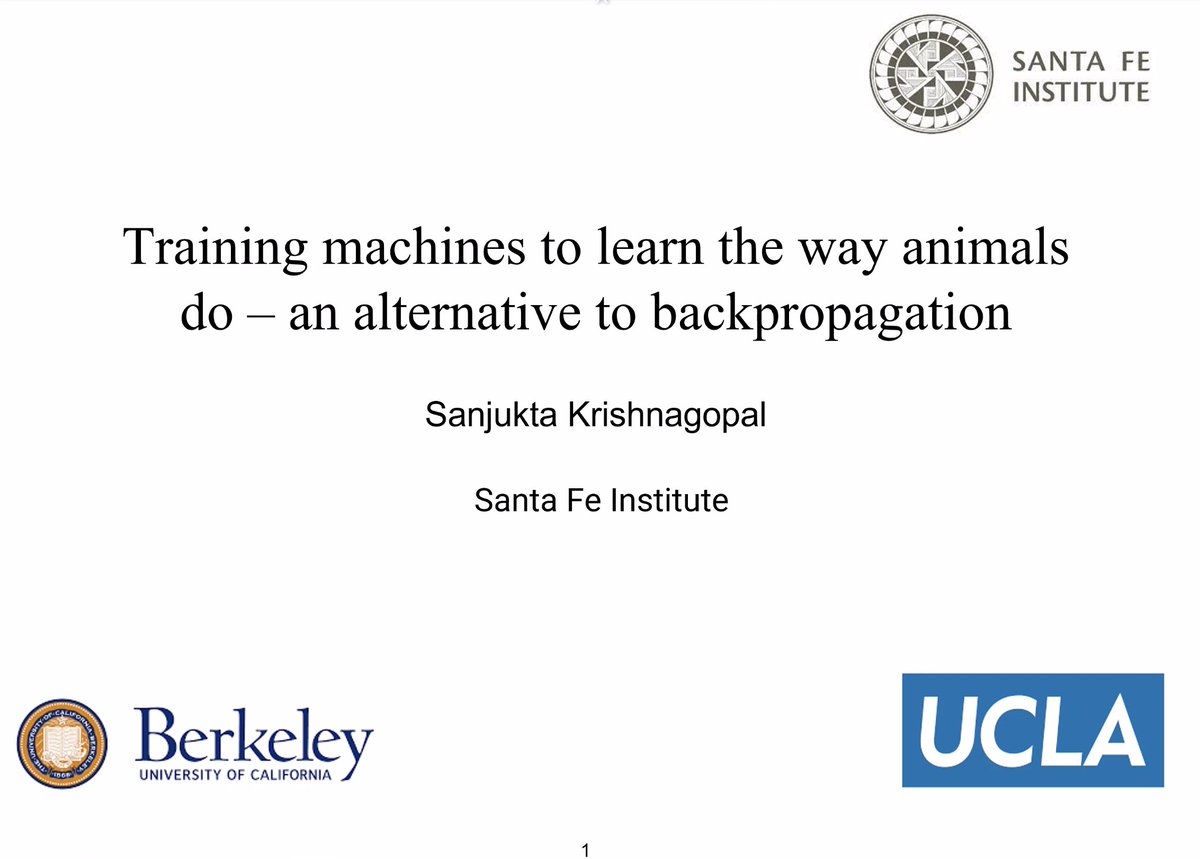1/n 🧵 ICYMI "Scaling of Hunter-Gatherer Camp Size and Human Sociality"
New paper (@UChicagoPress) led by José Lobo (@ASU) & co-authored by a team incl. SFI's @BettencourtLuis (@miurbanchicago) & Scott Ortman (@CUBoulder), result of an SFI working group:
journals.uchicago.edu/doi/10.1086/71…
New paper (@UChicagoPress) led by José Lobo (@ASU) & co-authored by a team incl. SFI's @BettencourtLuis (@miurbanchicago) & Scott Ortman (@CUBoulder), result of an SFI working group:
journals.uchicago.edu/doi/10.1086/71…

2/n
This new research deploys #ScalingLaw insights to understand the population-density driven transition from temporary hunter-gatherer settlements to permanent sedentary city life.

This new research deploys #ScalingLaw insights to understand the population-density driven transition from temporary hunter-gatherer settlements to permanent sedentary city life.
https://twitter.com/BettencourtLuis/status/1506721386881978372

3/n
Previous research on the impact of densification on the transition into city life has yielded conflicting results, some suggesting that hunter-gatherer groups actually thin out as they scale. (In what ways might this reflect transitions in the scaling of microbial organisms?)
Previous research on the impact of densification on the transition into city life has yielded conflicting results, some suggesting that hunter-gatherer groups actually thin out as they scale. (In what ways might this reflect transitions in the scaling of microbial organisms?)

4/n
Why do hunter-gatherer groups decline in population density before the transition to sedentism? This research suggests the benefits of city life include ways of relating inaccessible to nomadic foragers, which both enable and reward greater density.
Why do hunter-gatherer groups decline in population density before the transition to sedentism? This research suggests the benefits of city life include ways of relating inaccessible to nomadic foragers, which both enable and reward greater density.

5/n
As explored by SFI Prof Deborah Gordon's work on ant colonies as distributed computation, the structure of human communities reflects their adaptation to stable/unstable environmental variables — how organisms manage #risk & #uncertainty, agility vs. specialization tradeoffs.
As explored by SFI Prof Deborah Gordon's work on ant colonies as distributed computation, the structure of human communities reflects their adaptation to stable/unstable environmental variables — how organisms manage #risk & #uncertainty, agility vs. specialization tradeoffs.

6/n
One factor for decline in density as hunter-gatherers band together in greater numbers appears to do with with the modular association of close family groups with other families, with buffer zones between them...
One factor for decline in density as hunter-gatherers band together in greater numbers appears to do with with the modular association of close family groups with other families, with buffer zones between them...

7/n
This may have to do with how relatedness dilutes and food sharing/conflict resolution becomes more burdensome as hunter-gatherer bands scale — without more advanced trust/sharing/resource management technologies, dense but loosely-related groups become increasingly unwieldy.

This may have to do with how relatedness dilutes and food sharing/conflict resolution becomes more burdensome as hunter-gatherer bands scale — without more advanced trust/sharing/resource management technologies, dense but loosely-related groups become increasingly unwieldy.


8/n
Building a model for understanding the average relationships among properties across hunter-gatherer camps, the team identifies temporality, fission-fusion dynamics, and a correlation between relatedness and proximity. Energy capture as a function of density also figures in.


Building a model for understanding the average relationships among properties across hunter-gatherer camps, the team identifies temporality, fission-fusion dynamics, and a correlation between relatedness and proximity. Energy capture as a function of density also figures in.



9/n
How does the density of hunter-gatherer camps affect the resource exploitation efficiency? Up to a point, info sharing increases per capita energy capture...but then competition yields diminishing returns. (These dynamics have long been offered as a fission-fusion driver.)

How does the density of hunter-gatherer camps affect the resource exploitation efficiency? Up to a point, info sharing increases per capita energy capture...but then competition yields diminishing returns. (These dynamics have long been offered as a fission-fusion driver.)


10/n
There is a different relationship between population density & social production; this model reveals a "sweet spot" that opens up for permanent settlements in nutrient-dense environments, where the conflicting demands of energy capture & cultural richness come into balance.


There is a different relationship between population density & social production; this model reveals a "sweet spot" that opens up for permanent settlements in nutrient-dense environments, where the conflicting demands of energy capture & cultural richness come into balance.



11/n
There are, of course, tradeoffs to cohabitation at any scale: the benefits of association vs. the costs (stress, crime, disease) of living in close proximity.
(As historian Helen Cam put it, "Civilization is the art of living together w/ people not entirely like oneself.")
There are, of course, tradeoffs to cohabitation at any scale: the benefits of association vs. the costs (stress, crime, disease) of living in close proximity.
(As historian Helen Cam put it, "Civilization is the art of living together w/ people not entirely like oneself.")

12/n
This paper formalizes the relationship between the innovation of regulatory & transport infrastructure & the costs of living together in close proximity — shedding light on the relationship between coastal settlements, agriculture, money, privacy, police, & population size.

This paper formalizes the relationship between the innovation of regulatory & transport infrastructure & the costs of living together in close proximity — shedding light on the relationship between coastal settlements, agriculture, money, privacy, police, & population size.


13/n
In summary, key takeaways from this paper — with a gesture toward a question implied by but unasked in this paper:
In what ways can this worked be applied to major organizational transitions in other systems, such as the evolution of complex cells & social organisms?

In summary, key takeaways from this paper — with a gesture toward a question implied by but unasked in this paper:
In what ways can this worked be applied to major organizational transitions in other systems, such as the evolution of complex cells & social organisms?


14/n
Note on the data used in this study:
"To test these expectations, we use a database representing 1,760 hunter-gatherer camps from 112 different cultural groups and a variety of regional and ecological settings (Whitelaw 1989, 1991, 1994)."



Note on the data used in this study:
"To test these expectations, we use a database representing 1,760 hunter-gatherer camps from 112 different cultural groups and a variety of regional and ecological settings (Whitelaw 1989, 1991, 1994)."




15/n
There's much more to explore in this paper. Read the whole thing in Current #Anthropology (@UChicagoPress) — and for more on settlement #scaling, listen to our #ComplexityPodcast episodes with @BettencourtLuis (ep. 4), Scott Ortman (ep. 47), and Geoffrey West (eps. 35, 36).

There's much more to explore in this paper. Read the whole thing in Current #Anthropology (@UChicagoPress) — and for more on settlement #scaling, listen to our #ComplexityPodcast episodes with @BettencourtLuis (ep. 4), Scott Ortman (ep. 47), and Geoffrey West (eps. 35, 36).


• • •
Missing some Tweet in this thread? You can try to
force a refresh



